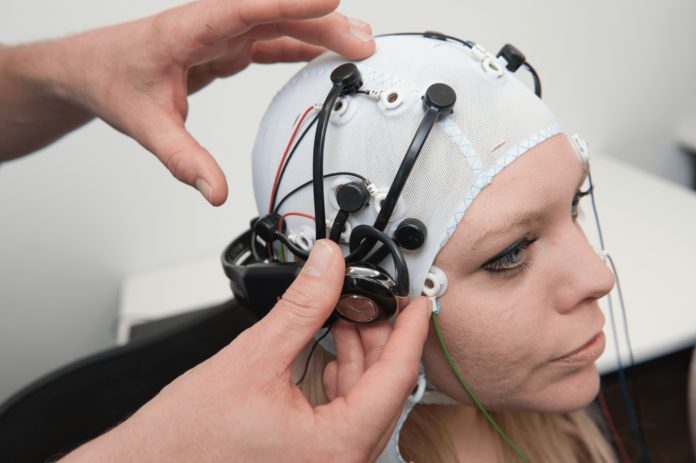Artificial Intelligence and its allied fields have progressed leaps and bounds in the recent years. AI still has a long way to go vis-à-vis the capabilities of the human brain. Human brain can perform incredibly complex calculations, including flawless coordination of various body parts. Further, it has emotions, ethics, and other similar qualities. Therefore, today’s machine-based AI needs to add a lot of capabilities to come close to the power of human brain.
So, what’s the ideal way to go about developing AI for the future? You need to study how the brain works and then build AI based on that. Science fiction plots have been around for decades where the machines have human brain capabilities; the human-machine interface might just become a reality one day. That’s certainly very hard to achieve. A leading scientist in the field of human brain research, Christof Koch, Chief Scientific Officer at Allen Institute of Brain Science in Seattle, however, is doing precisely that. Koch has set out to chart the map for interfacing human brain with machine. In fact, he is going beyond and proposing to blend human brain with AI-capable chips. Koch thinks that this might be the way best way forward for AI development.
Koch is closely studying how neurons work inside the human brain, with an aim to integrate the brain and machine.
Why the Study of the Brain is Critical to the Development of AI
Koch emphasized the importance of studying the brain function. Such a study might well decide how AI impacts our future – a prosperous, advanced society or all doom and gloom. He predicts that AI technology that rivals capabilities of the human brain is just decades away.
With AI-driven automation already making a significant impact on employment, there are valid concerns about mass-scale job loss in the future. Koch, however, has a different take. He says with robotic workers in charge of a large number of repetitive jobs, we should not expect a life of leisure. Rather, human evolution effects technology changes and our lives are probably going to be even more hectic.
The unbridled growth and application of AI are fraught with dangers. To avoid AI culminating into a doomsday scenario typical to what we saw in the movie, The Terminator, we must first try understanding how the actual human brain works. And, we must then apply this understanding to develop AI, which is conducive to a prosperous future for humankind. For the past many years, Allen Institute for Brain Science has been assiduously experimenting on fresh brain tissues. These cortical tissues are extracted during brain surgeries and assessed at physical and genetic levels.
The Benefits of Understanding How the Brain Works
Understanding the working of the brain is going to benefit scientists in many ways. In addition to helping develop AI, it can contribute immensely to treat patients afflicted with brain-related diseases and conditions. With enough understanding of how the nervous system works and how brain functions get affected by electrical impulses, complex disorders such as Alzheimer’s disease might finally be fully cured. Further, paralyzed limbs could again move by sending them appropriate commands through a chip integrated within the brain. Current apparatus required for this are too bulky and are similar to what the computers were in the 50s and 60s. Though it is going to take a lot of efforts, bringing all this functionality on a tiny chip isn’t too far away.


















